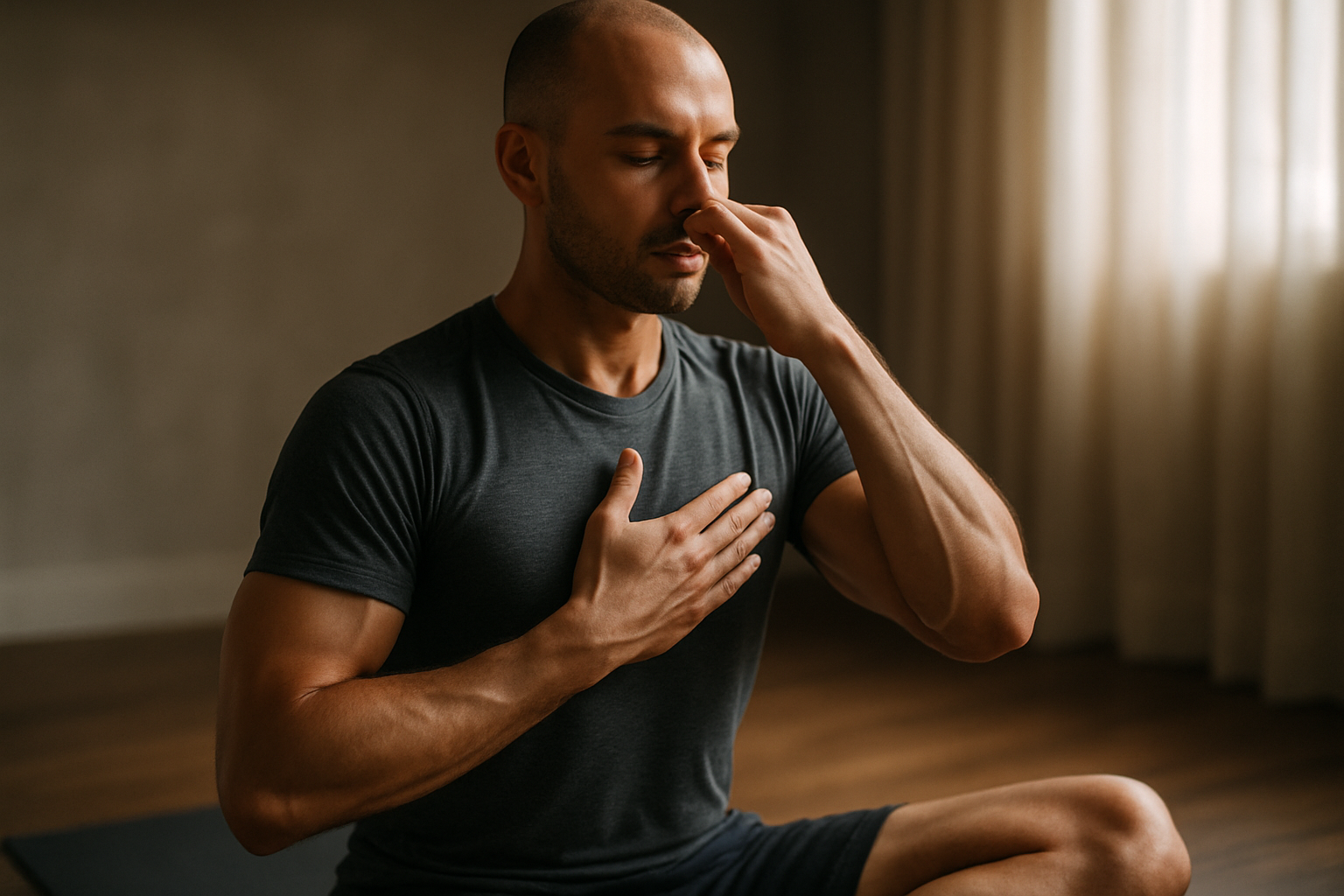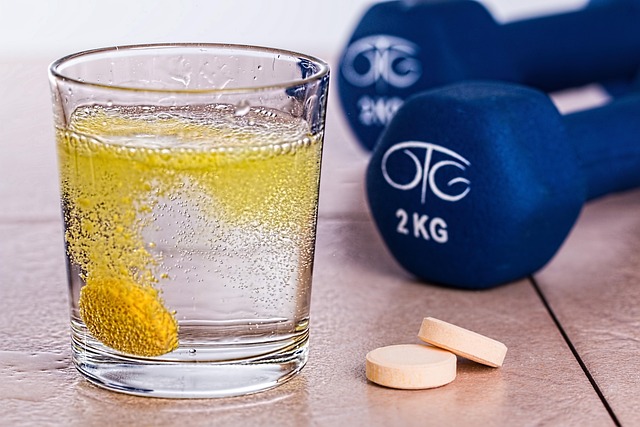Sleep hygiene steps to enhance nightly recovery and alertness
Consistent sleep habits shape how well your body recovers overnight and how alert you feel the next day. This article outlines practical sleep hygiene steps—covering movement, nutrition, hydration, posture, and mindfulness—to support recovery, metabolism, immunity, and daytime stamina.

Good nightly recovery starts with consistent routines and attention to the small habits that shape sleep quality. Improving sleep hygiene means aligning behaviors, environment, and daytime practices so your body can engage restorative processes efficiently. This article covers clear steps you can adopt—spanning movement, nutrition, hydration, posture, and mindful wind-downs—to support metabolism, resilience to stress, immunity, and predictable daytime alertness.
This article is for informational purposes only and should not be considered medical advice. Please consult a qualified healthcare professional for personalized guidance and treatment.
How does sleep support recovery and stamina?
Sleep is when the body repairs tissues, consolidates memory, and balances hormones that influence stamina and recovery. Deep and slow-wave sleep stages drive cellular repair and muscle recovery, while REM sleep supports cognitive restoration. To enhance these stages, maintain regular bed and wake times, limit long naps late in the day, and aim for a sleep window that fits your natural circadian rhythm. Consistent timing signals the brain to optimize growth hormone release and metabolic regulation.
What role does nutrition and hydration play?
What you eat and when you hydrate can affect sleep onset and continuity. Avoid heavy meals and alcohol close to bedtime, as they can fragment sleep and impair restorative stages. Include balanced evening meals with protein and complex carbohydrates to stabilize blood sugar, which supports metabolic recovery overnight. Hydration is important but manage fluids so you minimize nighttime awakenings. Small adjustments—like finishing larger drinks an hour or two before bed—help retain uninterrupted sleep while supporting physiological processes.
How can movement and posture improve nightly rest?
Regular daytime movement enhances sleep quality and helps maintain stamina and metabolic balance. Moderate aerobic activity and strength training support fatigue that promotes deeper sleep, but intense exercise right before bedtime can be stimulating for some people. Ergonomic posture throughout the day reduces musculoskeletal tension that can disrupt sleep onset; evening stretches or gentle mobility routines can relieve discomfort and cue relaxation. Prioritizing movement across the day contributes to better recovery during the night.
How does mindfulness reduce stress and build resilience?
Mental calm is an important element of sleep hygiene. Mindfulness practices—breathing exercises, progressive muscle relaxation, or short meditation—can lower sympathetic arousal and reduce stress hormones that interfere with falling asleep. Regular practice also builds emotional resilience, so stressors are less likely to produce fragmented sleep. Create a brief pre-sleep routine of 10–20 minutes that quiets the mind and signals the transition from active day to restorative night.
How does sleep affect immunity and prevention?
Quality sleep supports immune function by regulating inflammatory responses and promoting the production of immune cells involved in infection prevention and recovery. Chronic sleep disruption impairs these processes, making consistent nightly recovery important for prevention of illness. A routine that combines adequate sleep duration, reduced nighttime disruptions, and supportive nutrition helps maintain immunity as part of a broader prevention strategy.
Practical steps for metabolism, recovery, and alertness
Designing a practical plan brings these elements together: set fixed sleep and wake times, dim lights in the evening to support circadian cues, and reduce screens 60–90 minutes before bed. Keep evening meals balanced and moderate fluid intake while ensuring daytime hydration. Schedule regular physical activity earlier in the day and include postural breaks at work. Use mindfulness or breathwork before sleep to lower stress and improve sleep latency. Optimize your sleep environment—cool, dark, and quiet—and choose bedding and a pillow that support healthy posture to reduce awakenings.
Conclusion
Improving sleep hygiene is a multifaceted process that touches on nutrition, movement, hydration, posture, and mental habits. Small, consistent changes—regular sleep timing, mindful wind-downs, thoughtful meal and fluid timing, daytime activity, and a supportive sleep environment—can enhance nightly recovery and daily alertness. Over time these habits support metabolism, immunity, resilience to stress, and sustained stamina during waking hours.






